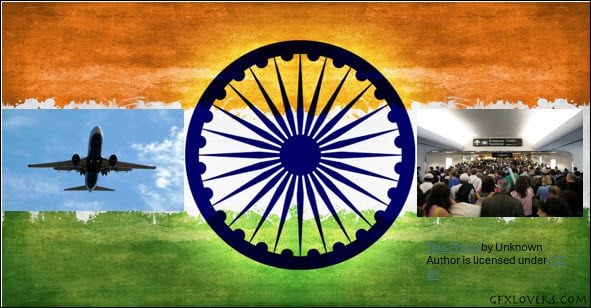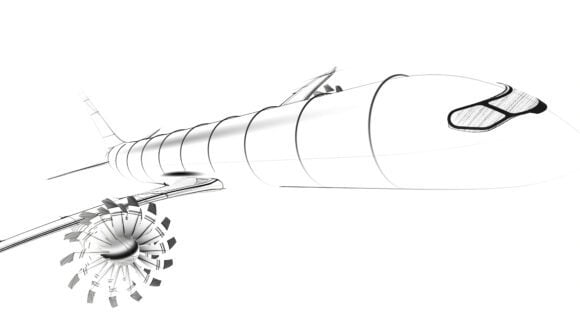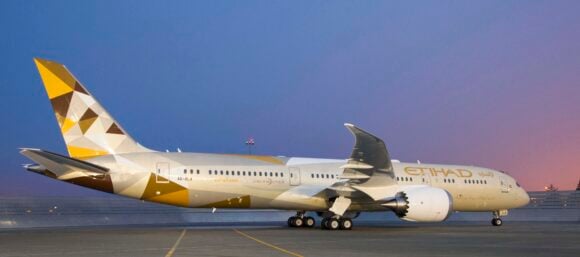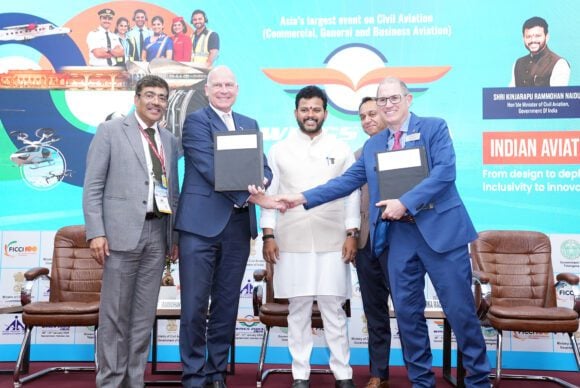
Indian aviation
As July comes to an end, the Tata Group put out advertisements across major newspapers, recalling the words of its founder and India’s first pilot, who passionately launched Air India in 1932.
“The obstacles, doubts and setbacks which may have to be faced should not deflect us from our task but rather move us to greater endeavour,” read the quote from J.R.D. Tata.
It wasn’t just another tribute. July 29 is J.R.D. Tata’s birthday — and this year, the date arrived under a shadow. The tragic Air India crash that claimed so many lives would have been, for him, an unbearable gash.
After all, Air India was never “just a business for me. It was a work of love.”
That the Tatas chose to highlight a quote about persevering through obstacles on J.R.D.’s birthday seems a conscious message — possibly directed at the airline’s most painful moment in recent history, unfolding even as it pushes through a $3 billion-plus turnaround.
Indeed, the challenges facing Air India today are profound. And it will have to tackle them with utmost care to avoid sliding into a more profound crisis.
- A crash still unexplained
The cause of the crash remains officially unknown. While The Wall Street Journal has reported that the commander shut off fuel switches — with the co-pilot asking in disbelief why he had done so — and also noted that investigators are now also reviewing his medical records amid speculation he may have had depression.
Both the Aircraft Accident Investigation Bureau (AAIB) and the U.S. NTSB have dismissed such reports as speculative, urging the media to wait for the final report, which could take a year to come out.
Still, for Air India, this uncertain window must serve as a critical moment of reckoning — a time to plug every gap, examine every protocol, and accelerate the transformation with war-scale urgency, potentially by bringing in Singapore Airlines officials with Indian roots, as the group has done in the past.
- Responsibility that comes with legacy
In India, the Tata name is almost synonymous with trust — a saying goes, Bata for shoes, Tata for jobs, a nod to the longevity and stability both brands represent. The group is also known for its unparalleled philanthropy. Tata Trusts, with a $100 billion endowment, is the world’s second-largest philanthropic organisation, after Denmark’s Novo Nordisk Foundation and ahead of the Gates Foundation.
It’s time the Tata Group used this goodwill to instill renewed confidence in passengers, many of whom have grown wary of flying Air India after the crash. This isn’t just about optics. It demands concrete steps.
Just this week, Tata Sons Chairman N. Chandrasekaran met Aviation Minister Ram Mohan Naidu and senior officials. According to people aware of the discussion, the message from the government was clear: regulatory post holders approved by the DGCA must be empowered to make decisions, and that “backseat driving” from others in the company was harming the airline. A string of DGCA show-cause notices over the past year points to a deeper malaise.
- Channelling JRD’s leadership
More than anyone, J.R.D. Tata embodied hands-on leadership. He didn’t wait for management reports or filters — he acted like Air India was family. When issues arose, he reached out directly and decisively, with a blend of empathy, pride, and resolve rarely seen among business tycoons.
Today, as Air India juggles the merger of its government-owned legacy arm with Vistara and AirAsia India, it must ask whether too many cultures, layered technologies, and internal apps have led to a disconnect between the top, middle, and bottom.
Is a healing balm needed? A genuine town hall? Can frontline staff — airport agents, cabin crew, engineers — who have borne the brunt of customer frustration and operational churn, be engaged meaningfully? Can this anxiety be channeled into pride and purpose?
It’s time for top leadership to step out, put boots on the ground, and listen — not through reports or dashboards, but face-to-face, with intent to understand and act.
With billions already invested, a still-supportive government, a near-duopoly in the world’s fastest-growing aviation market, and no deep-pocketed new rival on the horizon, Air India has all the ingredients for success.
But to falter now would be the most tremendous disservice to J.R.D. Tata — who lies buried in peace in Paris, perhaps still watching over his beloved airline and the Boeing 787s that fly over the continent he once helped connect to India.
Views: 145



